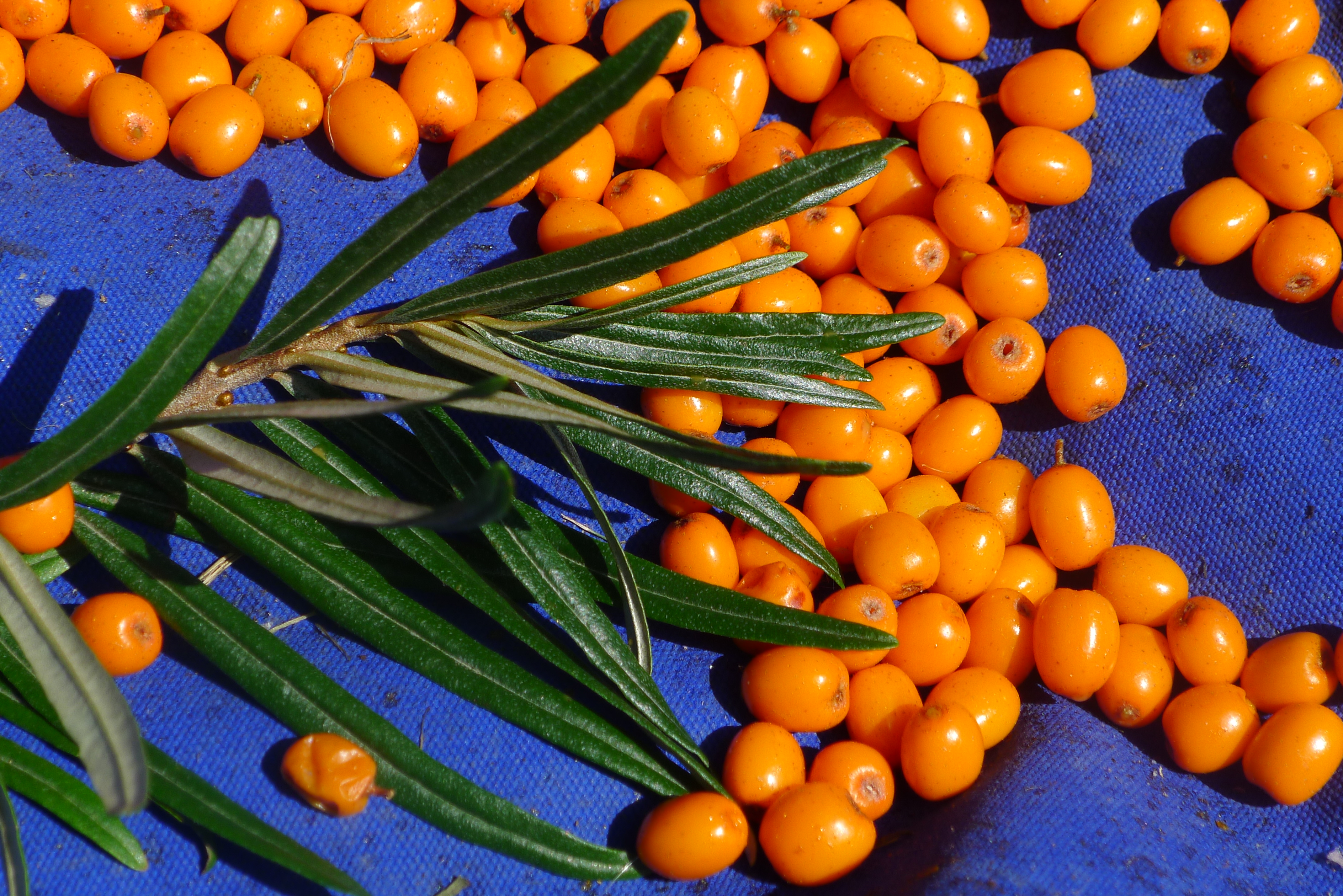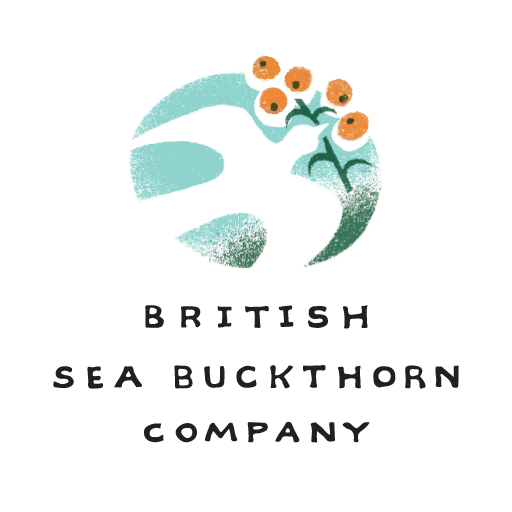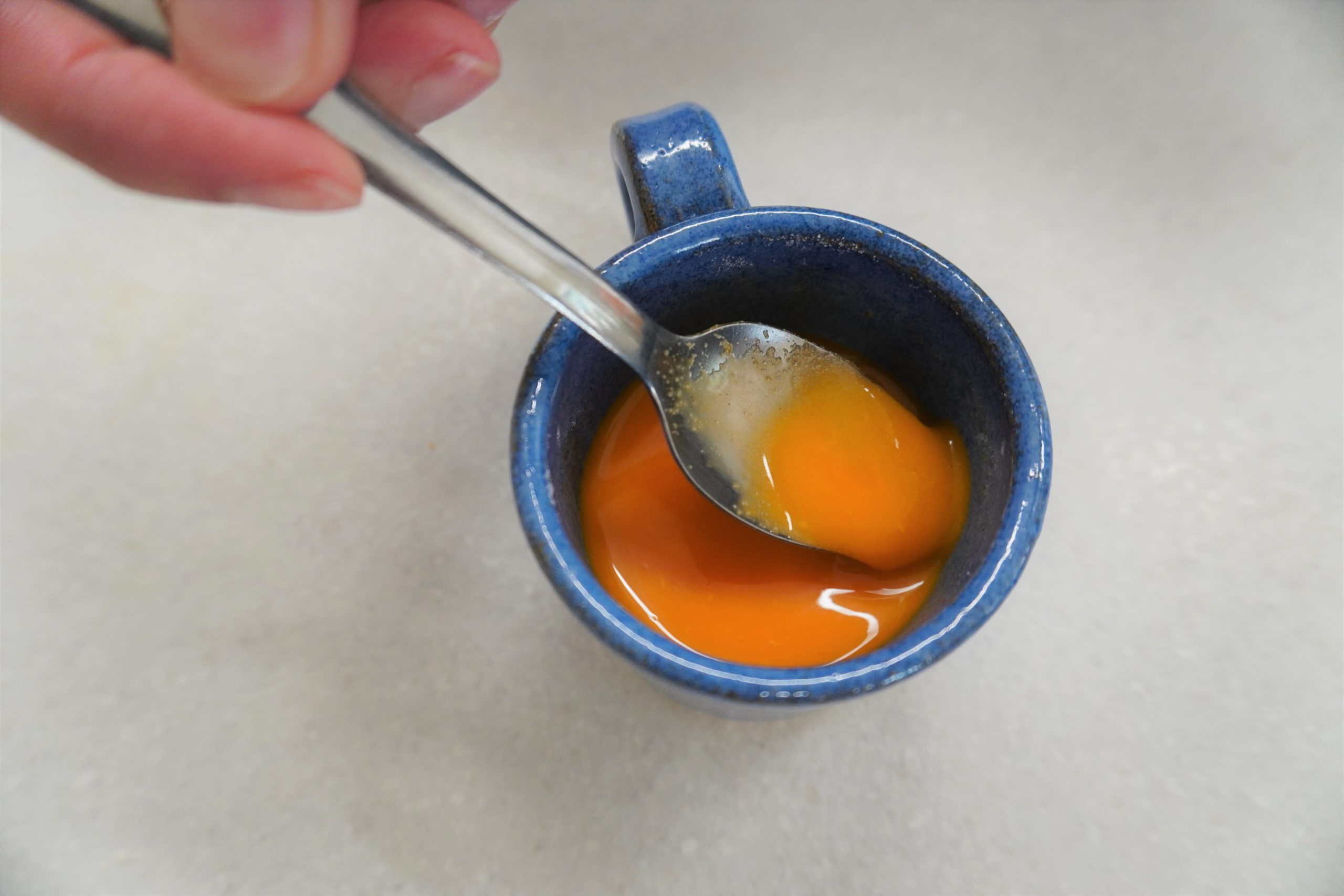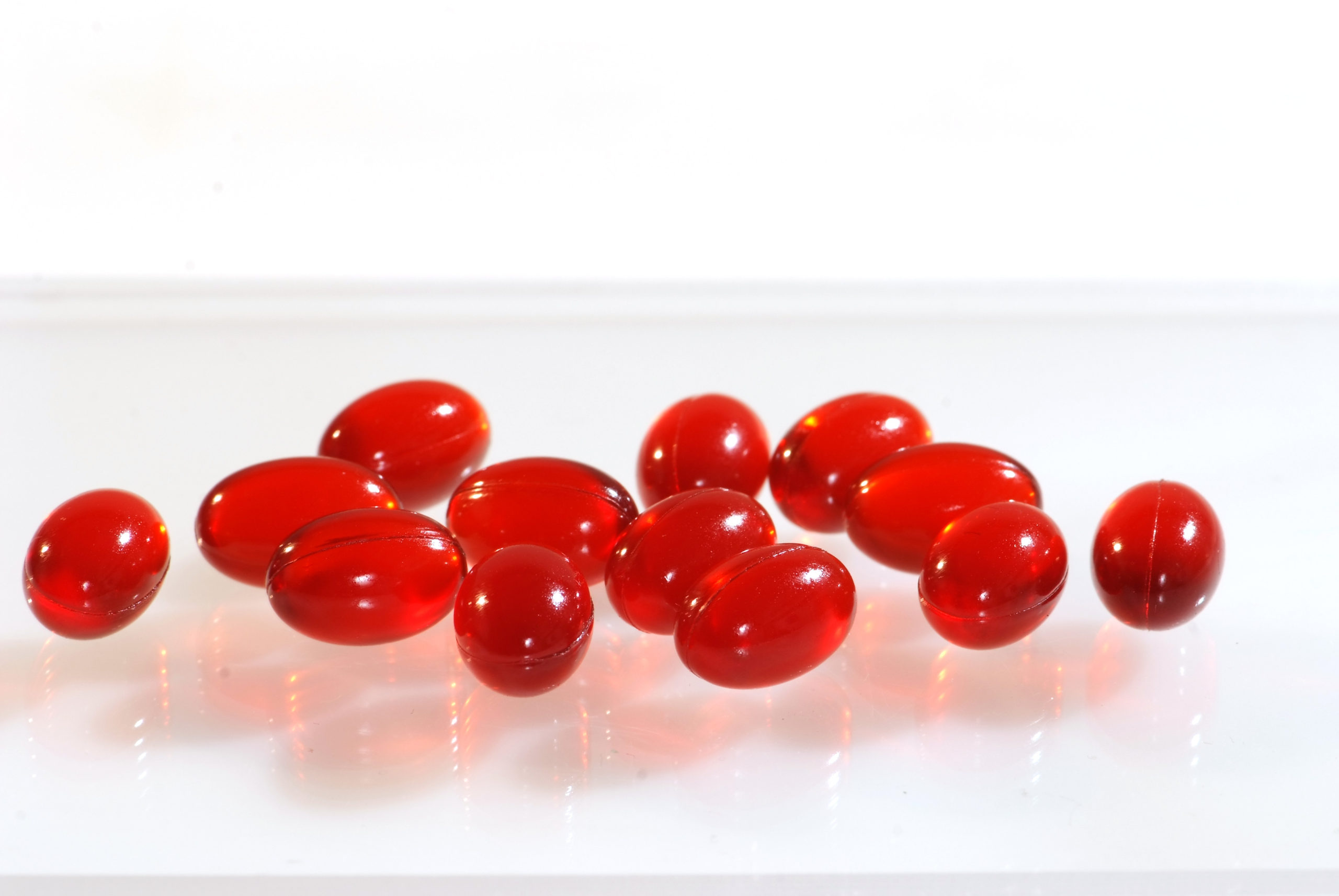The British Sea Buckthorn Company are starting 2020 fully organically certified and with hopes of a juiced berry product to add to those already available here. Having enjoyed frozen berries directly from the British Sea Buckthorn Company in Essex this winter, my family have so far had the healthiest winter on record! Juicing the berry will produce a concentrated source of all its nutrients – read on to find out why its antioxidants are a fabulous and natural way to boost your health this winter…
‘Detox’ – a familiar word in January!
After a little over-indulgence over the festive season there’s often a desire for a ‘detox’ to get the year off to a healthy start… In fact, our everyday metabolism, in using oxygen, is constantly producing potentially toxic by-products known as free radicals, unstable compounds which if not removed from the body, lead to cell damage, a process known as Oxidative Stress. External stressors such as lack of sleep, illness, medications, poor diet and lifestyle and even hard workouts at the gym are also known to increase oxidative stress. Research is now showing this potential cell damage, which is basically the ageing process, to be both a cause and a consequence of chronic illness – oxidation of cholesterol ‘packages’ within the blood stream causing damage to blood vessel walls leading to heart disease and oxidation of cell DNA being a precursor to Cancer. Obesity, Type 2 Diabetes and Cancer also result in a higher level of oxidative stress in the body. Detoxification is the process by which antioxidants remove these potential toxins from the body and so optimise our long-term health.1, 2
The Good News?
Our body is actually detoxifying all the time! This is a key role of our liver and kidneys with our skin, digestive system and lungs also playing their part. It’s essential that we eat foods that provide our bodies with the nutrients it needs to manufacture antioxidants for this process, such as Vitamins E (tocopherols) and A (Carotenoids). Unlike other nutrients, we can’t store antioxidants, so continuous manufacture is really important. Many foods, mainly of plant origin, also supply ‘ready-made’ antioxidants (also known as phytonutrients or bioactives). British Sea Buckthorn may be a small berry but it’s packed full of polyphenols and many other types of antioxidants!
How do Antioxidants protect against cell damage?
Many of the antioxidants in Sea Buckthorn produce their effect at the cellular level by altering how genes within the cell’s DNA are expressed, favouring the production of proteins required to make antioxidant enzymes. This process by which our gene expression can be altered by nutrition or other external environmental factors is known as Epigenetics and is currently the subject of exciting and rapidly growing research.
Generally, our body produces enough antioxidants to keep Oxidative Stress under control but if we’re exposed to stressors for a longer period of time which can happen for example during illness, with prolonged medicines, during intense physical exercise or from a lack of sleep, our antioxidant need is higher, therefore additional antioxidants from our food are beneficial. Boosting our antioxidants at this time of year especially, with antioxidant-rich food, is a great idea.
From a strong Immune system to help against ageing, Type 2 Diabetes and other chronic disease and a healthy glow, why not detox the natural way!
There are many types of antioxidants in our food, coming mainly from plants, giving them their colour to attract insects for pollination and protect them from stressors like UV light and disease. Berries, citrus fruit, brightly coloured vegetables, cocoa, coffee, tea, chocolate and red wine are all well-known (and rather tasty!) sources.
Sea Buckthorn antioxidants include Flavanoid polyphenols, Carotenoids (used to make Vitamin A) including Lycopene (also in tomatoes and thought to be key to the benefits of the Mediterranean diet), exceptionally high levels of Tocopherols (Vitamin E) and Superoxide Dismutase. Vitamins E, A and C in sea buckthorn are also used by our body cells to make our own antioxidants as well as their own roles as Vitamins. In preventing cell damage from oxidative stress mentioned above, these antioxidants ensure the many cells that make up our different body systems, function correctly. Of particular importance are the cells which line our blood vessels known as endothelial cells. These have an essential role in keeping blood pressure down and maintaining healthy blood vessel membranes; cell damage here increasing the risk of blood clots, heart disease and stroke in later life. Vitamin E is particularly important in the correct functioning of these cells and also our skin cells. The cells of our immune system have many different functions in fighting infection and controlling inflammation. Exposure to oxidative stress greatly reduces their ability to do this; antioxidants however ensure cell damage here is kept to a minimum and therefore promote best possible functioning of our immune system. Superoxide Dismutase is a powerful enzyme antioxidant required and made by nearly by all living cells to protect them against cell damage from superoxide, a toxic, free radical produced in many metabolic reactions. British Sea Buckthorn provides a fabulous source to boost our supplies!
Sea Buckthorn vs Supplements?

Research shows us that nutrients often work together to benefit each other. British Sea Buckthorn is a fabulous example with its multitude of nutrients all working together to enhance their overall effect. Vitamins E and A in particular are well known to work in synergy with each other increasing their protective function. Bioactives in whole food containing Polyphenol antioxidants are currently thought to increase the polyphenol antioxidant ability. Taking these nutrients out of their natural food and using as supplements may not be how nature intended. Research in mice has shown that too high a dose of a single antioxidant can lead to heart muscle damage.3
Polyphenol Antioxidants – Gut Health, Obesity and beyond
Our gut microbes – beneficial bacteria present in our large intestine, are known to be essential in the activation and absorption of polyphenol antioxidants. Current research is studying the products of this microbial polyphenol digestion (fermentation), which appear to promote further beneficial bacteria in our gut. A healthy gut microbiome is now known to have many long-term health benefits including reducing the risk of inflammatory disease, allergy, some types of cancer including bowel cancer, Type 2 Diabetes, overweight and obesity. Epidemiology, the study of population groups over a period of time, shows us that those with a higher intake of polyphenols have a reduced risk of obesity. Of course this may in part be due to a diet rich in polyphenol antioxidants being healthier overall, but some types of polyphenol antioxidants are known to reduce our ability to absorb sugars and store fat.4
Nutrient-rich and protecting biodiversity too…
The best food choices not only nurture human health but support the biodiversity of our ecosystems, from healthy soils to thriving flora and fauna with essential roles to play in maintaining nature as it should be. The British Seabuckthorn company nurture these principles and over the next few months we’ll be sharing with you all the need-to knows about this fabulous novel food. Busy, active lifestyles require nutrient-rich foods – there may be little spare time in the day to discover new natural, sustainable & functional food. As a registered Nutritionist, I’m happy to be on this journey working with the British Sea buckthorn Company to share the good news on this nutrient-rich crop with all its potential health benefits, responsibly farmed in Essex! Add these bright orange berries of happiness into your breakfast bowl, as dried berries into your nutty mix, drizzle rays of golden sea buckthorn oil over winter salads or with yogurt as a warm porridge topper and enjoy a cup of sea buckthorn tea too!
References:
- Williamson G (2017) The role of polyphenols in modern nutrition. Nutr Bulletin 42: 226-235
- Croy C et al (2018) The Role of Polyphenols in Human Health and Food Systems: A Mini-Review Frontiers in Nutrition 5, 87
- Rajasekaran NS et al. (2007) Human aB-Crystallin Mutation Causes Oxido-Reductive Stress and Protein Aggregation Cariomyopathy in Mice Cell; 130:427–439
- Williamson G (2013) Possible effects of dietary polyphenols on sugar absorption and digestion. Mol Nutr and Food Research 57: 48-57



